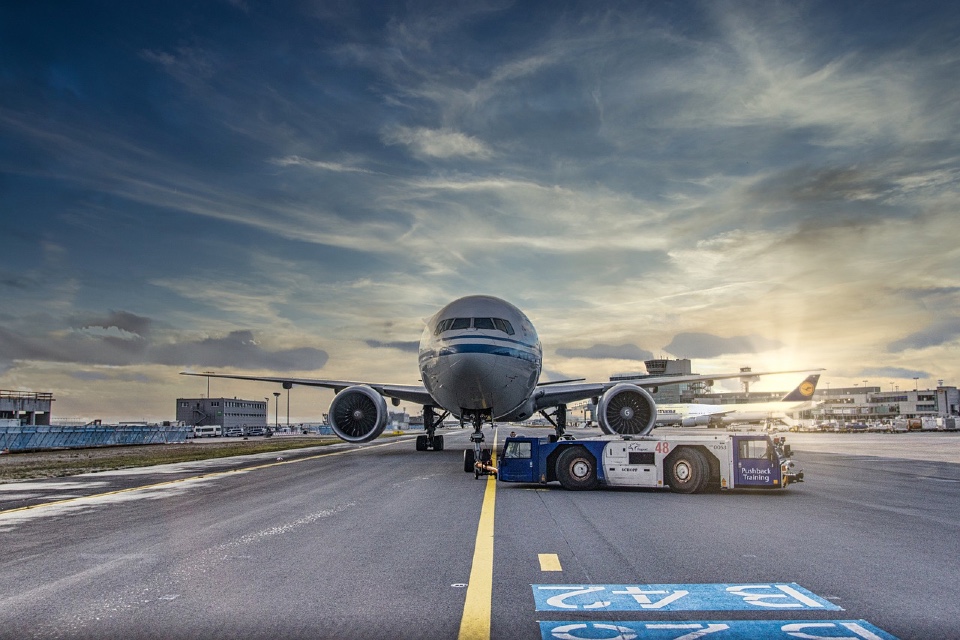Ministers and aviation chiefs have revealed an action plan for the next two years in the race to reach Jet Zero by 2050.
The Jet Zero Council – made up of industry, academic and government leaders – has a 2-year plan committed to continue working to speed up the design, manufacture, and rollout of zero emission aircraft and vital infrastructure at UK airports.
The plan sets out how the council will help to accelerate the production of sustainable aviation fuels (SAF), by continuing to invest millions of pounds in first-of-a-kind SAF plants, supporting crucial scientific research on a larger scale, and helping to drive down production costs.
Farnborough Airport also played host to the Sustainable Skies World Summit, which gathers experts and leaders from the worlds of aviation, government, energy, and engineering. UK Transport Secretary Mark Harper delivered the global Summit’s keynote speech, where he stressed the importance of the partnership between government, industry and academia in the international challenge to reaching Jet Zero.
The government has also welcomed the report Developing a UK SAF industry by Philip New, former CEO of the Energy Systems Catapult and BPAlternative Energy. The independent evaluation – commissioned by the Department for Transport – assesses what conditions are necessary to create a successful UK SAF industry.
Transport Secretary Mark Harper said: “This government is a determined partner to the aviation industry – helping accelerate new technology and fuels, modernise their operations, and work internationally to remove barriers to progress.
“Together, we can set aviation up for success, continue harnessing its huge social and economic benefits, and ensure it remains a core part of the UK’s sustainable economic future.”
Emma Gilthorpe, Jet Zero Council CEO, said: “It’s fantastic for the Jet Zero Council to be meeting today at Sustainable Skies, maintaining the momentum built by government and industry on our vital journey to decarbonising aviation.
“The 2-year plan published today, building on recent government commitments to secure demand for SAF in the UK, will ensure we continue to accelerate progress and achieve the Jet Zero Council’s objectives of delivering 10% SAF in the UK fuel mix by 2030 and zero emission transatlantic flight within a generation.”
The Philip New report sets out a number of recommendations to help stimulate SAF production in the UK.
The government response to the report details the extensive work that is already underway to meet many of the recommendations, whilst highlighting what additional action could be taken to drive further investment in UK SAFproduction.
The UK’s Sustainable Aviation Fuels programme is one of the most comprehensive in the world. The Jet Zero Strategy sets out how we can achieve net zero emissions from UK aviation by 2050, importantly without directly limiting demand for aviation, and the £165 million Advanced Fuel Fund is also kickstarting production, with 5 projects already chosen to receive funding.
Turning to potential barriers to investment, the government recognises that many investors are looking for longer-term revenue certainty that the SAF mandate will not provide.
It’s therefore committing to work with the aviation industry on the best ways to decarbonise, including options for additional revenue certainty for a UK SAF industry.






